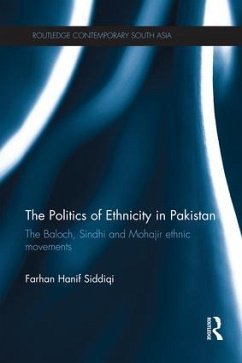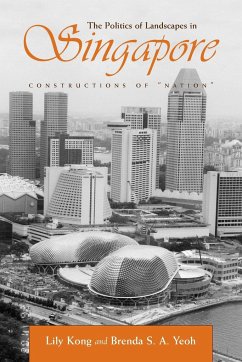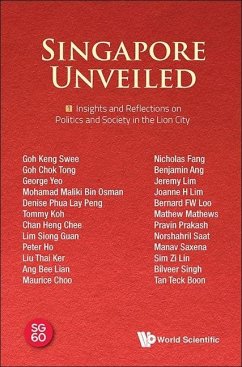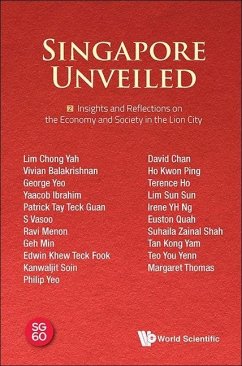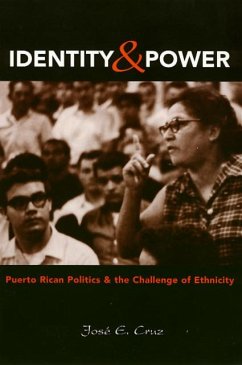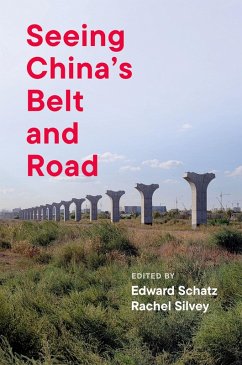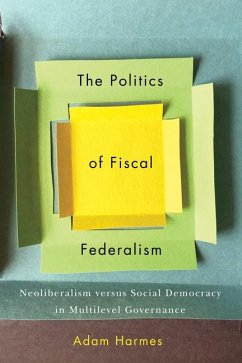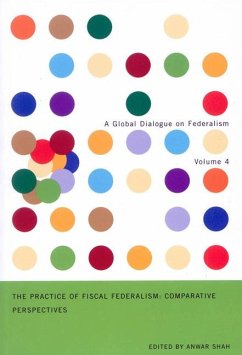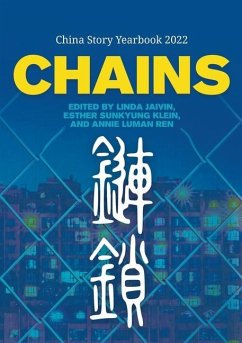
The Politics of Ethnicity and Federalism in Pakistan
Local, National, and Comparative Perspectives
Herausgeber: Brasher, Ryan
Versandkostenfrei!
Versandfertig in über 4 Wochen
15,99 €
inkl. MwSt.

PAYBACK Punkte
8 °P sammeln!
This volume seeks to address two distinct yet interconnected issues: centre-periphery relations and ethnic identity in Pakistan. First, there has been a recurring debate about the formal structure of federalism in Pakistan, especially the proper distribution of power between the federation and the provinces. Secondly, scholars and policymakers wonder about the extent to which ethnolinguistic and religious identities should serve as the basis for provincial territorial boundaries. Covering almost every region of Pakistan, the authors of this volume essentially seek to understand how Pakistan's ...
This volume seeks to address two distinct yet interconnected issues: centre-periphery relations and ethnic identity in Pakistan. First, there has been a recurring debate about the formal structure of federalism in Pakistan, especially the proper distribution of power between the federation and the provinces. Secondly, scholars and policymakers wonder about the extent to which ethnolinguistic and religious identities should serve as the basis for provincial territorial boundaries. Covering almost every region of Pakistan, the authors of this volume essentially seek to understand how Pakistan's ethno-federal setup works, both formally and informally, and how it has interacted with, encouraged, or hindered ethnolinguistic mobilization in various provinces and sub-provincial units. They seek to understand Pakistan's ethno-federal setup by addressing the following questions: How did ethno-federalism emerge and develop over time. Why are only some ethnolinguistic identities recognized? Should current provinces be subdivided? Should territories without provincial status be kept autonomous, merged with other provinces, or given separate provincial status?



